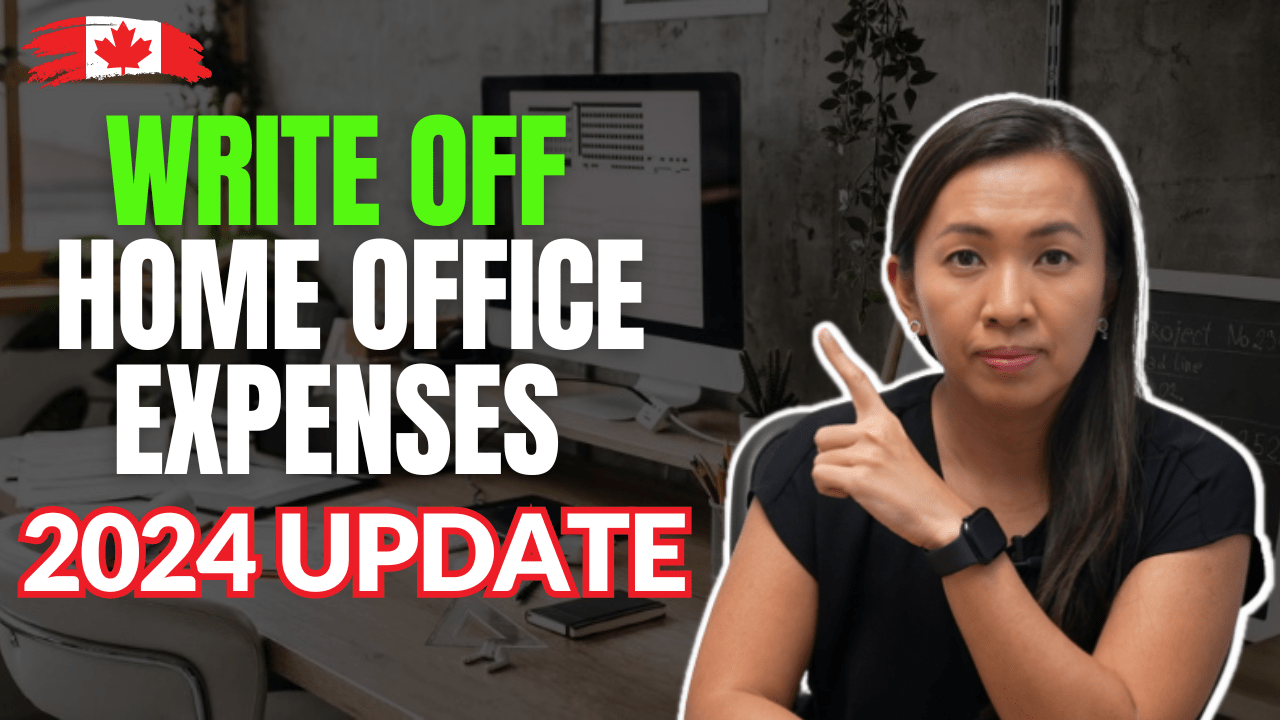 I had an excellent week up north at a friend’s cottage. She recently bought a cottage so that her kids, raised in the city, could get to enjoy the outdoor and not be afraid of bugs and snakes and turtles. 🙂
I had an excellent week up north at a friend’s cottage. She recently bought a cottage so that her kids, raised in the city, could get to enjoy the outdoor and not be afraid of bugs and snakes and turtles. 🙂
I got to slack off for a week (sort of) and now I am back to work!
Although it was a fun week, taking care of two kids full time was a lot of work. (Hats off to those who are full time moms!)
I have the same amount of respect for those people who work full time with young children at daycare. How do they even manage to get their kids ready, go to work (sometimes even overtime), cook, do all the housework, and still be a mom/dad at the same time?
My friend, Joanne, is one of those.
She starts a regular day by getting her kids ready for daycare. She and her husband drop them off at the daycare and she takes the TTC to work downtown.
She doesn’t leave work until around 5 to 5:30pm and she takes the TTC home afterwards.
Once she gets home, she immediately starts cooking, feeds the kids and gets them ready for bed with her husband’s help.
She also started her real estate investing journey earlier this year. 🙂 The two properties were just closed a couple weeks ago.
 The day she was supposed to come to the cottage to join us, she was dragged behind to work from home so that she could finish the month-end. She didn’t arrive until late in the evening.
The day she was supposed to come to the cottage to join us, she was dragged behind to work from home so that she could finish the month-end. She didn’t arrive until late in the evening.
And yet, she is still feeling guilty. Feeling guilty for not spending enough time with her kids, not being around enough to look after their homework and play with them.
We are always critical of ourselves. Our brain is wired to be critical and to think of the worst case scenario first.
She may think that she’s not good enough of a mom. I personally think that she is a superwoman, same as all the men and women who have to take care of the families, full time or part time.
On to this week’s topic –
 In one of my previous blog posts, I discussed how you can deduct automobile expenses against your rental properties.
In one of my previous blog posts, I discussed how you can deduct automobile expenses against your rental properties.
Automotive budgeting isn’t the only part of car finances where you use an invoice price calculator and other resources to plan your personal finances. Whether you are a real estate investor, realtor, work in sales, or own your own business, you should make sure that you keep a proper autolog to keep track of your mileage.
This helps you support the automobile expense claim against the income you are earning.
To keep a full logbook, this means that you are required to keep the following information in your logbook:
- Date
- Destination
- Reason for trip
- Distance travelled
I have taken the honour to create a sample for your reference.
| Date | Destination | Reason for trip | KM driven |
| 1/1/16 | Beginning odometer reading | 25,786km | |
| 1/6/16 | Home Depot | Pick up supplies for rental property | 39km |
| 1/7/16 | Unit A, 1st Student Rd., Hamilton | Drop off supplies | 82km |
| 1/8/16 | Unit A, 1st Student Rd., Hamilton | Showings for potential tenants | 82km |
| … | |||
| … | |||
| … | |||
| 12/28/16 | 3rd Student Rd, Hamilton | Collect rent | 78km |
| 12/31/16 | Ending odometer reading | 38,172km |
At the end of the year, you sum up the business use mileage, say 10,786km.
Business use % = 10,786km / (38,172km – 25,786km) = 87%
Therefore, 87% of your automobile expenses are deductible.
Yes, this is a big hassle to keep every single trip. The more you claim, the more documentation you are expected to keep.
And it doesn’t end here with the log book.
Other evidence including the following information are expected to be kept to substantiate the reasonability of your logbook:
- Maintenance record/invoice that shows the odometer reading on your vehicle
- Daily planner that shows addresses that you have visited
- Receipts that shows the date and purchase (such as Home Depot receipts, etc.)
And yes, your logbook would also need to be consistent with all other circumstantial evidence.
It’s a lot of work to set it up right, but once you set it up right and there is no substantial change in your business usage, you may be able to keep a smaller logbook in the subsequent years.
Until next time, happy Canadian Real Estate Investing.
Cherry Chan, CPA, CA
Your Real Estate





